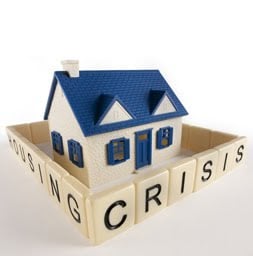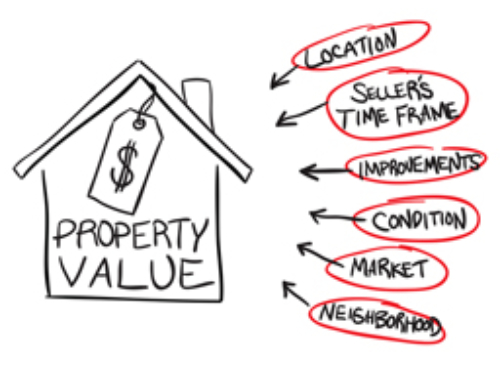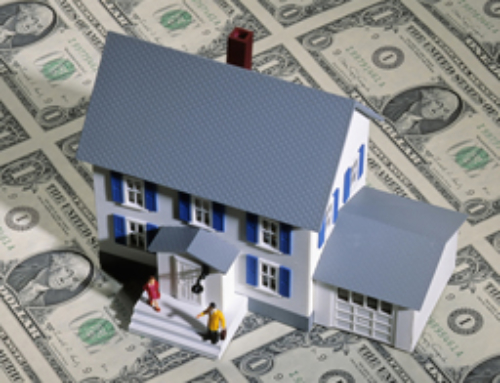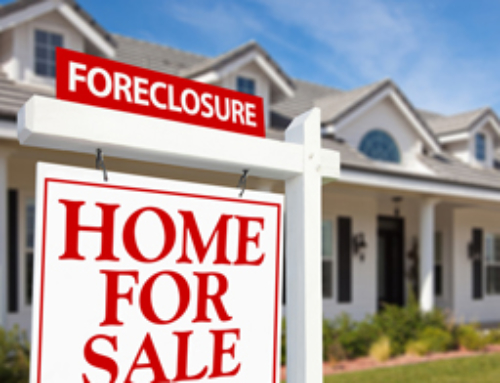 Home-Selling Nightmare Never-Ending for Some Homeowners
Home-Selling Nightmare Never-Ending for Some Homeowners
It’s your home-selling nightmare: Your home has been on the market for months, or even years, without so much as a nibble.
Nearly every Sunday on my WSB radio show, I hear from home sellers who are stuck in this kind of never-ending home-selling nightmare. They can’t sell because one, two, or more homes in the area were sold as foreclosures for pennies on the dollar or are listed for a fraction of the “value” of the neighborhood.
Here’s what I’ve been telling sellers: If you want to know how easy or difficult it will be to sell your home, step outside your front door and count the number of foreclosures. Even one foreclosure sale can cause property values to tank by as much as 75 percent.
How? If a neighborhood has had two foreclosure sales in the past six months and no other sales for the past two years, an appraiser will be forced to include the foreclosure sale data in his or her report.
That report will indicate that there were two sales at whatever price point the bank or third-party seller sold out at. If there are no other sales to counteract the negative numbers, lenders will conclude that the market price of your community has declined rather dramatically.
On a recent show, one of my callers complained that the property she bought twenty years ago for $150,000 and that was valued three years ago at $250,000 is now worth about $160,000 due to two very recent foreclosure sales. She wanted to know if that meant her home was worth $160,000.
Unfortunately, the answer is yes. Until there are sales in the community that are higher than $160,000, everyone’s home value has suffered.
If you find yourself in this situation, your options will be somewhat limited. If you need to sell your home, you’ll have to make some tough decisions:
- Price your home competitively. Once there are foreclosure “comps,” you’ll need your price point to correlate with the foreclosure price point. That doesn’t necessarily mean you have to price your home where the foreclosures sold. It means you have to tell the appraiser and buyers a story so they understand why your home is priced where it is compared to the sales price of the foreclosures. For example, if a foreclosure sold at fifty cents on the dollar but had been destroyed by the former owners and needed $50,000 in basic work (like reinstalling plumbing fixtures and kitchen appliances), you may be able to price your home at $50,000 to $75,000 above the foreclosure sale price because all that work has already been done in your house.
- Rent your property. If you can’t sell because there are too many foreclosures on the market and there is too little interest from buyers, consider renting your property. While in some cases you may not get full value from the rental, or even cover all of your costs, you might get enough income to allow you to move on with your life. In a best-case scenario, you might be able to sign someone to a multiyear lease or even do a lease/option, where the buyer rents for a year or two until he or she is financially ready to complete the purchase.
- Wait it out. If you can postpone your move for a few years, you might wind up in better shape financially than if you have to drop your price and move. But you have to understand that there are no guarantees that home prices will begin to appreciate again in the next twelve to eighteen months. In some parts of the country, home prices are continuing to fall, putting more homeowners underwater with their mortgages. But if you’re in an area that’s stabilizing economically, with low or declining unemployment, then waiting to see what happens in the near term might be a good strategy.
 Ilyce R. Glink is the author of several books, including 100 Questions Every First-Time Home Buyer Should Ask and Buy, Close, Move In!. She blogs about money and real estate atThinkGlink.com and at the Home Equity blog for CBS MoneyWatch.READ MORE:
Ilyce R. Glink is the author of several books, including 100 Questions Every First-Time Home Buyer Should Ask and Buy, Close, Move In!. She blogs about money and real estate atThinkGlink.com and at the Home Equity blog for CBS MoneyWatch.READ MORE:The Best Way To Value Investment Property
How to Find a Great Real Estate Agent
Will the Real Estate Summer Slowdown Mean Lower Prices?
No More Home Buyer Tax Credits: Is Now a Good Time to Buy a House?






